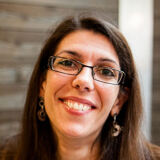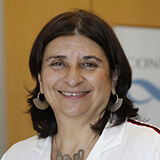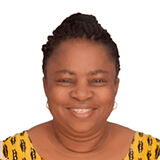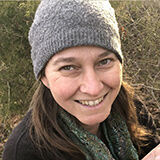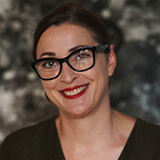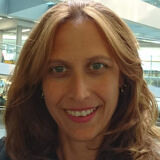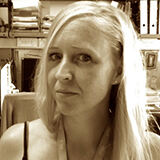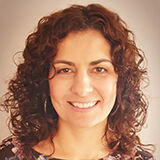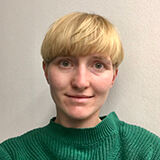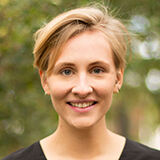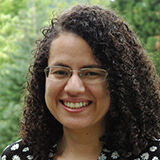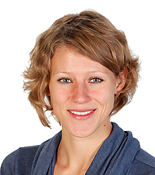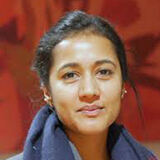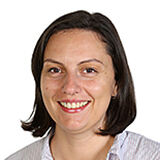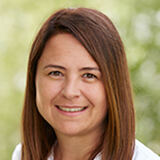Conference Overview
COVID-19 has not affected all scientists uniformly: viruses do not discriminate; societies and systems do. There has been a clear decline in women's preprint publications since this crisis began: women and single-parent scientists are spending disproportionately extra time on homeschooling, housework, or eldercare. The microscopic coronavirus has magnified systemic gender inequalities and conspicuous injustices. The current system of evaluation of scientific achievements penalizes maternity, yet evidence shows that diversity benefits innovative approaches and high research performance. Thus, securing the entry, retention, well-being and progression of women and minorities in the science, technology, engineering, and mathematics (STEM) workforce must become a priority for governments and scientific institutions.
This pandemic is taking away our freedoms and loved ones and there will be no business as usual for a while. To hold our gains in gender equality, we must prepare an immediate response and a longer-term recovery effort. We cannot afford to lose a generation of well-trained women scientists and see all previous efforts to reduce the gender gap vanish.
During this conference, we will highlight the impact of the COVID-19 pandemic on women scientists and explore solutions to minimize the gender gap in academia. We will bring together a diverse group of women scientists from different research areas and at various professional stages to provide insight into the effect of the COVID-19 pandemic on their work and future prospects. Prominent scientific leaders will explain practical steps, solutions and actions that they are implementing at their research institutions, which could serve as the basis for the "new normal" in academia.
Session topics
Experiences of women in science during the COVID-19 crisis
Strategies for minimizing the impact of the COVID-19 crisis on women in science
Tools and resources for mental health during the COVID-19 crisis
Institutional leadership during the COVID-19 crisis


